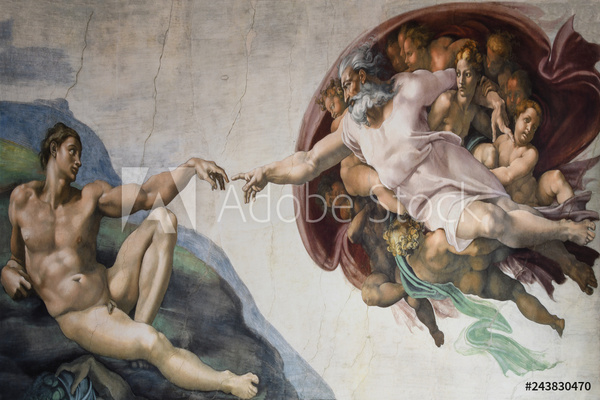God’s Project to defend the interests of the empire critical reading of the book of Nehemiah from the viewpoint of the opposing artifices
Article Sidebar

How to Cite
Altmetrics
Article Details
Se solicita a los autores que diligencien el documento de cesión de derechos de autor sobre el artículo, para que sea posible su edición, publicación y distribución en cualquier medio y modalidad: medios electrónicos, CD ROM, impresos o cualquier otra forma, con fines exclusivamente científicos, educativos y culturales
- La obra pertenece a UNIMINUTO.
- Dada la naturaleza de UNIMINUTO como Institución de Educación Superior, con un modelo universitario innovador para ofrecer Educación de alta calidad, de fácil acceso, integral y flexible; para formar profesionales altamente competentes, éticamente responsables y líderes de procesos de transformación social, EL CEDENTE ha decidido ceder los derechos patrimoniales de su OBRA, que adelante se detalla para que sea explotado por ésta
- El querer de EL CEDENTE es ceder a título gratuito los derechos patrimoniales de la OBRA a UNIMINUTO con fines académicos.
Author Biography
Esteban Arias Ardila, Corporación Universitaria Minuto de Dios
Esteban Arias es Licenciado en filosofía y ciencias religiosas de la Universidad Santo Tomás. Licenciado en teología Seminario Teológico Presbiteriano Bogotá. Docente investigador del IBPL - Uniminuto.Main Article Content
Abstract
Our exercise begins with a presentation of the literary structure of the book of Nehemiah, from the viewpoint of the opponents to the central proposal of the book that favored the incidence of the Persian Empire, through the eyes of Nehemiah and Ezra in Palestine in the period of the return of the Jews to their land following the Babylonian exile. The analysis of this structure leads us to identify the texts that describe the group of opponents and afford them crucial recognition in the internal dialectdic of the work of Nehemiah as a movement that contributes to generating awareness among the popular classes, with the additional participation of prophets, priests, women and a segment of the general population. The group of opponents to the proposal of rebuilding Jerusalem and a new Persian province is characterized as persons of great influence in the region whose aim was to promote an autonomous nationalist reform that would not have the political support of the Persians. The proposal, led by Tobias and his group, is described as offering special identity with its rise within the post-exile of a current of men and women sages and the participation of women, as shown in the novel of Ruth, the women of the Song of Songs and the book of Proverbs. That influential group of men and women sage was accompanied by the popular prophesy to which prophetesses like Noadia belonged.




